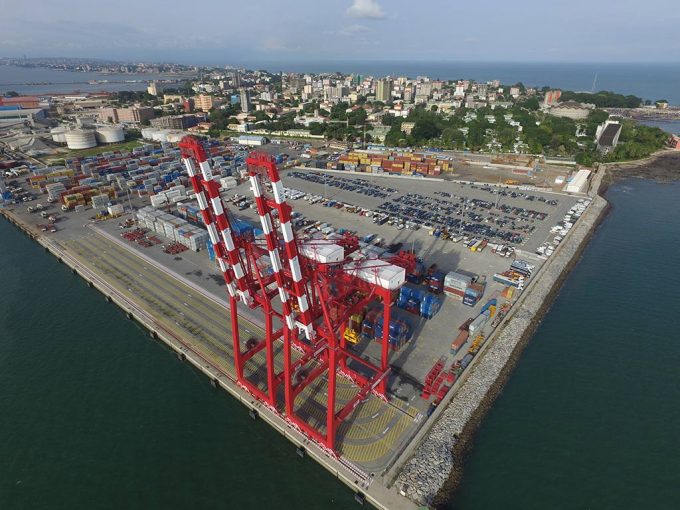Zim ordered to pay Samsung $3.7m for 'wrongful' D&D charges
The Federal Maritime Commission (FMC) has ruled that Israeli carrier Zim violated the US Shipping ...

Monopolisation and vested interests are holding back container terminal improvements in West Africa, as landside congestion and supply chain inefficiencies worsen.
While the region has seen a widespread modernisation programme at terminals, one source told The Loadstar hinterland links to “almost every port” along the west coast ...
CMA CGM South Korean staff strike over bonuses after bumper 2024 profit
MSC switches two more Asia-Europe port calls from congested Antwerp
Ports and supply chain operators weigh in on funding for CPB
Nightmare for Bangladeshi exporters as congestion and tariffs bite
Carriers introduce surcharges as congestion builds at African ports
Box ship overcapacity threat from carrier appetite for new tonnage
CMA airline returns two freighters, while ANA takeover of NCA looms
Tradelanes: Export boom in Indian sub-continent triggers rise in airfreight rates

Comment on this article